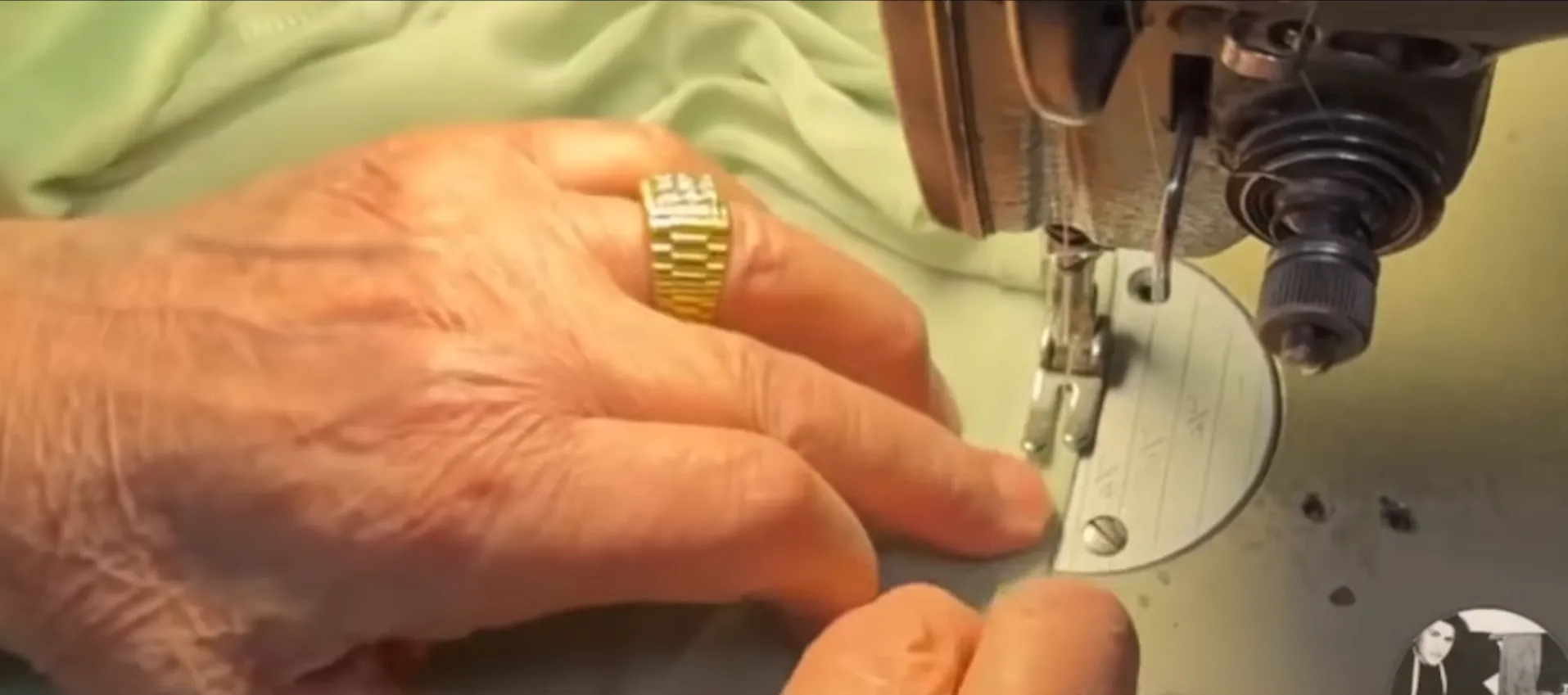In a world where digital technologies promise limitless possibilities, George Tsaftrides, owner of a family men's clothing tailor shop in this quiet Midwestern town, finds himself at the epicenter of an alarming epidemic. His face, voice, and even manner of speaking—all have become weapons in the hands of scammers who use artificial intelligence to create fake profiles and videos. This is not just an isolated incident; it is part of a broader digital pandemic where deepfake technologies are turning ordinary entrepreneurs into unwitting actors in scam schemes that cost millions of dollars each year.
Tsaftrides, a 60-year-old artisan with over 40 years of tailoring experience, turned his TikTok account "George The Tailor" into a genuine hit: over 40,000 followers watch his advice on fabric choices, secrets of perfect tailoring, and everyday stories from George Menswear and Tailoring. "I explain to people how to use the machine and how to sew, and they appreciate it. I like that we help people," Tsaftrides said in an interview, sitting at his work desk surrounded by rolls of wool and silk. This online success has led to a real sales boom: "We sell suits, and I never dreamed I would sell so many suits in a year," he added with a smile through his fatigue.
But behind this façade of prosperity hides a dark side. Tsaftrides’s daughter, Daisy Yelichek, who manages the store alongside her father and runs the social media accounts, began noticing suspicious profiles. "Page after page with his face lead to various websites, which seem to be direct delivery sites," she said. These fake profiles appear on TikTok, Instagram, YouTube, and Facebook, offering cheap clothing or soliciting donations under fabricated pretenses. In some videos, Tsaftrides allegedly pleads for help: "They lie saying that my mother is ill with cancer and he’s trying to pay for her treatment. No, my mother is working right now, she is very healthy, thank God. I cannot stand these lies that play on people's feelings, especially when there are sick people who truly need help," Yelichek protests.
This type of fraud, known as "pity baiting," is only the tip of the iceberg. According to my insider sources from the tech industry, generative AI tools such as deepfake creation technology have made such schemes accessible to anyone with basic skills. By 2025, according to the Federal Trade Commission, losses from online scams involving AI exceeded $10 billion, with small businesses like Tsaftrides’s becoming easy targets due to their authentic online presence. Incidents like these are multiplying: from pastry shops in California to Japanese knife sellers in New York, where scammers clone owners’ faces to promote fake products. Even celebrities are not immune, but for small businesses, this could be a deadly blow to their reputation.
Yelichek repeatedly blocked and reported these accounts, but they reappear like a hydra. "I even contacted Shopify, but they couldn’t help. They said there’s basically no way to find these people," she complains. This helplessness in the face of tech giants is a common problem faced by thousands of entrepreneurs. Jess Myers, a law professor at the University of Akron studying digital law, praises the family’s approach: "You’re kind of left alone to solve your problems. What George and his family did, in my opinion, was the right step." They made a video clearly stating that the only real store is at 4937 Whipple Avenue NW in Canton.
In conversations with Silicon Valley experts I have spoken with over the years, it becomes clear that platforms like Meta and TikTok are slowly responding to such reports due to the volume of content: research shows that over 125 Facebook pages regularly spread AI-generated spam to grow their audiences. But Tsaftrides does not give up. "I wish people would stop stealing other people's faces to make money; it's wrong. That's theft. Create something of your own," he says with the firm conviction of a craftsman who knows the value of genuine work.
The lesson for consumers is simple but crucial: "Before supporting a business online, do your research and learn about it because you work hard to earn your money and want it to go to the right place," Yelichek advises. In an era where reality and fakery merge into a single flow, stories like this remind us: trust is not an algorithm but a human choice. If no measures are taken, the deepfake economy risks undermining the foundation of small businesses, which are the heartbeat of the American economy.
